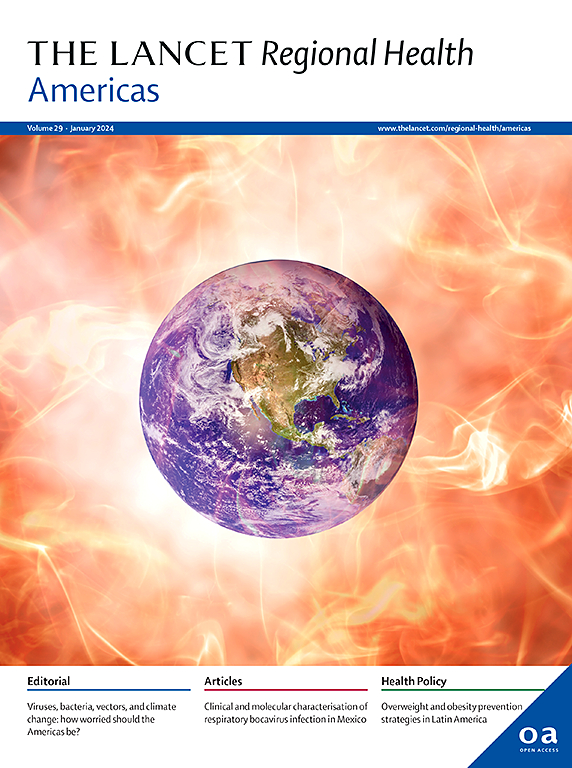消除加拿大土著人民遭受的暴力:医疗保健的责任
IF 7
Q1 HEALTH CARE SCIENCES & SERVICES
引用次数: 0
摘要
通过强调殖民剥夺的体现--身体如何感受殖民主义--这篇文章从理论上论述了加拿大土著居民遭受的暴力,并将其牢牢地定位在医疗保健的范畴内。文章对目前影响加拿大公共机构土著化政策和土著健康研究的和解话语提出了批判性质疑。文章认为,狭隘地应用加拿大真相与和解委员会(Truth and Reconciliation Commission of Canada)所描述的 "缩小土著人健康差距",并不能解决根本问题:"结束殖民暴力"。根据批判性土著研究的学术观点,我将土著健康的表述从赤字假定中重新定位。我认为,加拿大的医疗保健机构有责任承认并正视殖民暴力,将其视为公共卫生问题。作为起点,这一责任包括落实《重获权力与地位》中概述的相关正义呼吁:失踪和遇害土著妇女和女童全国调查最终报告》中概述的相关正义呼吁。本文章由计算机程序翻译,如有差异,请以英文原文为准。
Ending violence against Indigenous peoples in Canada: a healthcare responsibility
By foregrounding the embodiment of colonial dispossession–how the body feels colonialism–this article theorises violence against Indigenous peoples in Canada, positioning it firmly within the purview of healthcare. The article critically questions the discourse of reconciliation currently shaping Indigenisation policies and Indigenous health research in the country’s public institutions. It contends that a narrow application of “closing the Indigenous health gap,” described more robustly by the Truth and Reconciliation Commission of Canada, falls short of addressing the root problem: “ending colonial violence.” Aligning with critical Indigenous studies scholarship, I redirect representations of Indigenous health away from the presumption of deficit. I argue that health care in Canada is responsible for recognising and confronting colonial violence as a matter of public health. As a starting point, this responsibility involves implementing the relevant Calls for Justice outlined in Reclaiming Power and Place: The Final Report of the National Inquiry into Missing and Murdered Indigenous Women and Girls.
求助全文
通过发布文献求助,成功后即可免费获取论文全文。
去求助
来源期刊

Lancet Regional Health-Americas
Multiple-
CiteScore
8.00
自引率
0.00%
发文量
0
期刊介绍:
The Lancet Regional Health – Americas, an open-access journal, contributes to The Lancet's global initiative by focusing on health-care quality and access in the Americas. It aims to advance clinical practice and health policy in the region, promoting better health outcomes. The journal publishes high-quality original research advocating change or shedding light on clinical practice and health policy. It welcomes submissions on various regional health topics, including infectious diseases, non-communicable diseases, child and adolescent health, maternal and reproductive health, emergency care, health policy, and health equity.
 求助内容:
求助内容: 应助结果提醒方式:
应助结果提醒方式:


